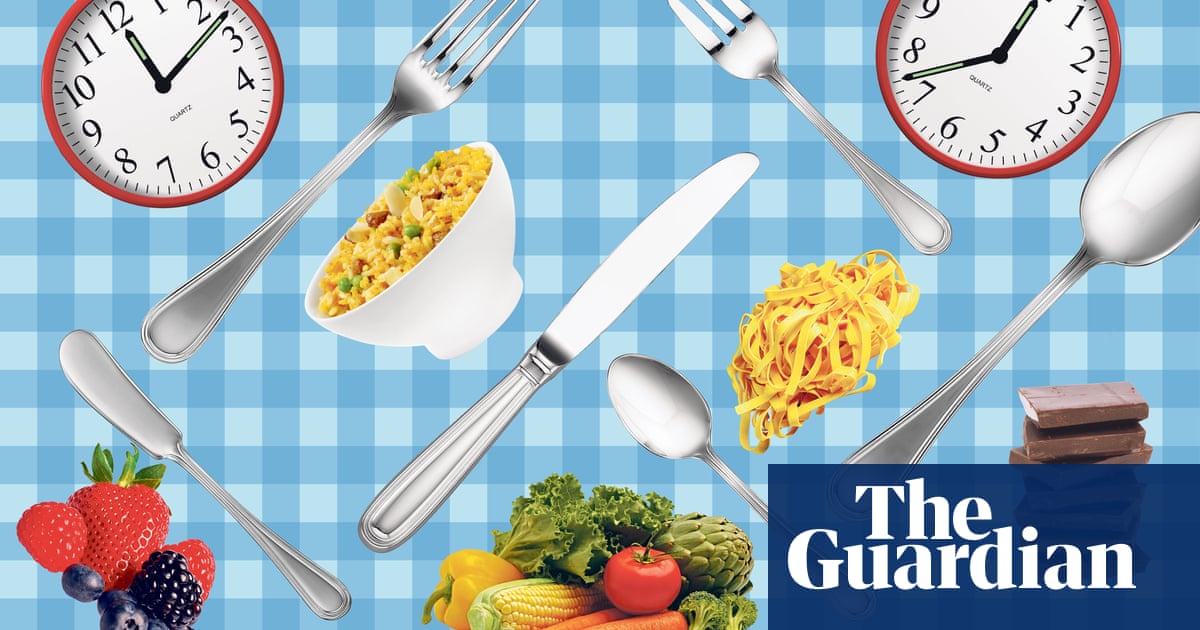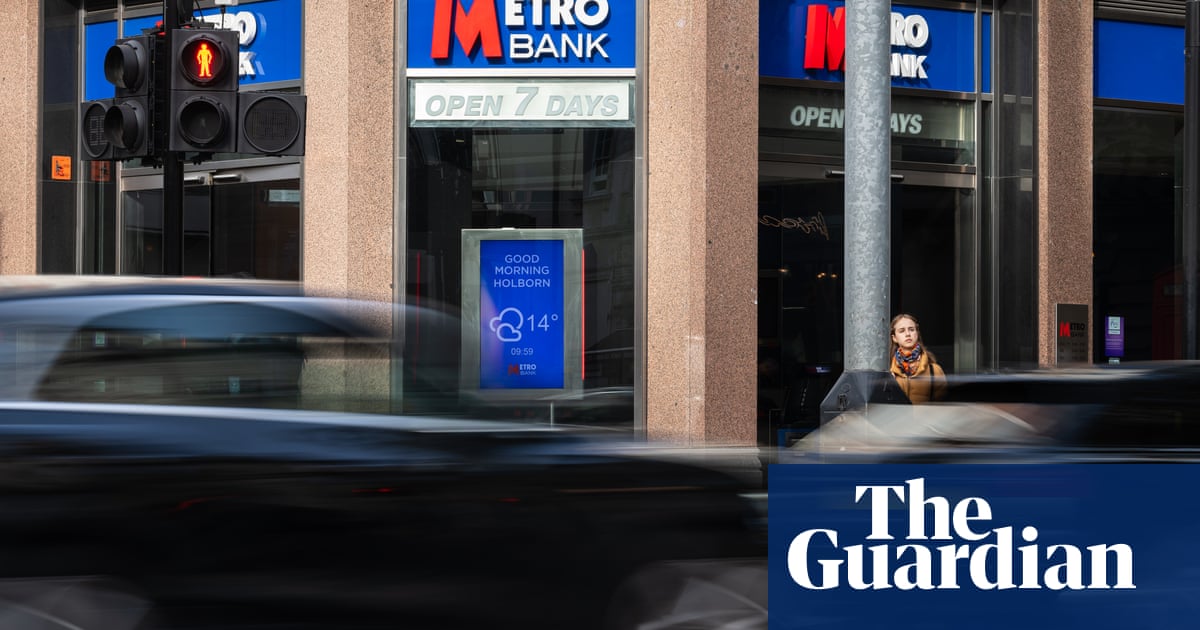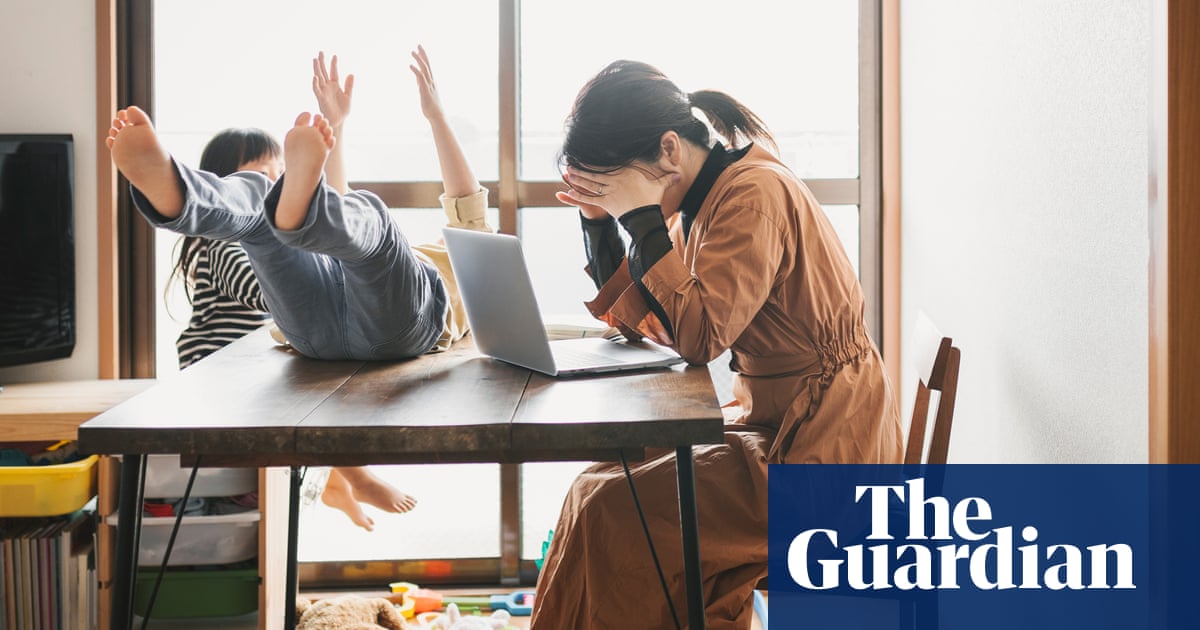
Ukrainians do not have the luxury of shielding themselves from bad news. “I can’t live outside this situation,” Oleksandr Zinchenko says. “Trying to follow everything is basically my life now. The first thing I do every day is reach for my phone, and then it’s in my hand constantly. It’s been more than seven weeks now and you can see some people starting to forget, starting to adapt to the brutality in my country. No, no, no. People are starving, dying, bodies being discovered, so how can anyone relax? You have to talk even more. I hate the people who invaded our land more and more and more every day. I won’t stop talking about it, because the whole world has to know the truth.”
That is the exhausting but grimly necessary reality for Zinchenko and his compatriots. Every action is cast in the shadow of Russia’s invasion, with its barbaric consequences, and among the biggest concerns is that people outside become desensitised. It simply would not do and, on an Easter weekend when professional commitments bring an FA Cup semi-final for Manchester City against Liverpool, he wants to use his platform. For almost an hour his anger pours out, sometimes in controlled rage but often in raw expressions of hurt. Words can capture people’s attention but, in whatever order, they still cannot rationalise exactly what is happening inside Ukraine.
“Not even the Russian soldiers can understand why they came,” he says. “What are they fighting for? Who for? Why would you try and fight a guy who has been hiding in a bunker for nearly two months already? These people, and I can’t even call them people because there are no words for them, don’t have any idea what their purpose is.”
One of the most profound frustrations for Zinchenko is that so many in Russia are unwilling to react and condemn. Early in his career he spent two years in the country, much of that time with FC Ufa, and made friendships that he thought would persist. But he has been let down by too many people whose support has only reached so far.
“I have friends over there, a small circle, but now it has reduced almost to nothing,” he says. “I’m so disappointed. The guys I know called me as soon as the invasion happened, texted me: ‘I’m so sorry Alex, but we can’t do anything.’ Of course you can. If you stay silent it means you support what is happening in Ukraine right now, and I can’t see why they would.
“Maybe they are scared, because we see pictures on social media of Russians being taken to prison if they protest. But look at footballers in particular, or anyone with a massive audience. Can you believe that, if all of them posted something on Instagram at the same time saying: ‘Guys, we are against the war, we need to stop it,’ they would all be arrested? Of course they would not. And it’s such a shame that they say nothing.”
Football itself plays barely any part in this conversation: we are here so that Zinchenko, one of three Ukrainian footballers in the Premier League alongside West Ham’s Andriy Yarmolenko and Vitalii Mykolenko of Everton, can make his point about the tragedy unfolding in their homeland. He is grateful, though, that present colleagues offer unstinting support. Teammates at City are attentive, as are Pep Guardiola and the rest of the club’s staff, and one touch was particularly appreciated. When they played at Peterborough on 1 March, Zinchenko’s first outing since Russia’s aggression commenced, he was made captain; the emotions were hard to keep in check as the away end, Ukraine flags displayed from one side to the other, saluted him afterwards.
“My eyes were in tears,” he says. “I can’t explain exactly what I felt inside but, feeling that support, I was so proud to be Ukrainian. I’m so thankful to the people who did it, and still do it. And it was so kind from the manager, and our captain Fernandinho, to give me this opportunity. Every day, still, they come up to me and ask how the situation is and how I am.”
Is it really possible to concentrate on his career? He remains an important part of City’s potentially all-conquering squad but nobody would blame him for wavering. “Mentally, I’m still thinking about Ukraine and our people, so it’s not easy to train as well. But football is my life too, and it’s the thing I am managing to enjoy the most, so I’m trying to focus on it when I’m playing. It’s not easy to do, and at the beginning it was almost impossible, but now I’m adapting. But I can’t tell you that, at the same time, I’m not thinking about Ukraine.”
Zinchenko was born in Radomyshl, a city of about 15,000 inhabitants 60 miles west of Kyiv. It has a smart landscape park and a famous collection of Ukrainian religious icons from the past 500 years. He lived there until he was 11 and describes people who are “so kind, so hospitable”. He is in touch with many of them now, friends and family members. Most have stayed put amid the trauma; they are, thankfully, in good health as things stand and it leaves him in awe.
“Nobody wants to leave,” he says. “The men went to the army, found out where to get weapons, were ready to fight with anything they had. They weren’t going to give up anything: it’s their land, their home, the place where they were born and raised. This is the mentality, and I am so proud to be part of them.”
Radomyshl has escaped the worst, so far, but danger still feels omnipresent. A nearby town, Malyn, was shelled and there is always more. “I was told Russian troops were trying to go through Radomyshl and were hiding in the woods, trying to find civilians in their cars, kill them and take everything they had,” he says.
The phone can never be put down. “People can read in the news that Russian troops left the Kyiv region and everything is safe there. But I would say it’s not. There are still air strikes and you have to be careful in case they regroup or replan. But everyone is ready to fight for the place they were born in.”
Almost due east are Irpin and Bucha. It is when the subject of Bucha, whose hell has been the worst publicly documented so far, comes up that Zinchenko’s emotions run loosest. He knows those streets; that area; these people.
“It’s a nightmare.” He sighs at length, looks away and, in the subsequent couple of minutes, pauses several times. “A shock to the whole world, the things they have done there. Terrible, scary things. They killed our civilians. They killed our children. They raped our women and girls. They killed our dogs and even ate them. I cannot even begin to describe how I feel about them.
“I hate them so much, for everything they have done to the Ukrainian people and Ukraine. And I hate the people in Russia who are trying to convince others that this is propaganda. It’s embarrassing. How can they say this? People send me the real pictures, the real facts. The bodies of our dead civilians were lying on the ground for two weeks. They have to take responsibility for this.”
Zinchenko is clear: it is genocide, he says, and the invaders are attempting to erase not only the Ukrainian state but the idea of being Ukrainian, too. The fact so many Russians are blind, or in some cases blinded, to the reality of Vladimir Putin’s actions is at best excruciating. “You’ve got people over 50 or 60 who just watch the same TV programme that lies to you over a period of years,” he says. “I’ve seen videos with journalists asking Russian civilians: ‘Do you support what your president is doing?’ They answer: ‘Yes, of course we’re on his side.’ And when they’re asked about how they will cope with sanctions, they just say they’ll suffer through it. How can you convince these people? And how can a country like this possibly function? I’ve seen figures saying more than 70% of Russians support this disaster. It’s incredible. I just don’t get it.
“But that’s the difference between Ukraine and Russia. Since I’ve played abroad, I’ve heard a lot of people think that we are essentially the same as them. But that’s not remotely true and you can see the difference between us now. In Ukraine we can speak freely, think freely, and that will be the same when we rebuild our country.”
Zinchenko is trying to help his compatriots and has joined the “World Sports for Ukraine” project alongside a number of other players. One of his shirts is being auctioned to raise money and other efforts are being made. “It’s not just online or social media,” he says of the work he and his fellow expat footballers throughout Europe are doing. “We can send a lot of things to Ukrainian people, cities; things like that. Trust me, everyone is doing a lot in every area, starting with delivering goods, finishing with the hospitality of people who are coming here.”
Like many Ukrainians, Zinchenko wants to thank the UK government and Boris Johnson for their assistance. “The fact he came to Kyiv was a good signal for us,” he says. “But I’d like to ask as well for him to do something else for the refugees, for people to come without a visa, how we can make sure more people can come over here for help. There are so many in desperate need.”
The request is couched in genuine gratitude but there is also a belief that Europe in general should go further. “Countries need to stop buying Russian gas and oil; they’re just investing in the war that way, and in all the violence. It’s important to isolate Russia from everything. One day this could happen to your country, you never know.
“I posted things on Instagram about stopping Russian sport. I’m not wishing their footballers to stop playing in the Champions League and things like that but the more sanctions they are given, the more it might push people there to speak out and say: ‘OK, we need to stop this together.’”
In June, Zinchenko will represent Ukraine in their rescheduled World Cup playoff against Scotland. The country’s football scene has largely ground to a halt, although Dynamo Kyiv and Shakhtar Donetsk have begun playing fundraising matches abroad, and while qualification for Qatar would be a remarkable achievement in the circumstances it has yet to become a serious thought.
“The main question now is to save our country,” he says. “I don’t think anyone thinks about Ukrainian football now, just their families and how to make things better. But when we win this war, and I’m pretty sure we’re going to, we’re going to build up something special. I’m certain of it.”
Ukraine, he says, has shown its soul to the world. “It’s such a powerful spirit, a spirit of freedom. And it’s a spirit to never give up, never be beaten. That’s what will bring us victory.”
It would seem an apt way to end but Zinchenko does not want to tie things up in a bow; that is not how this horror works for anybody. The way to finish an enervating series of thought processes is to reiterate his original message.
“If anyone out there thinks, ‘I’m not going to say something because I can’t change anything’ then that is a massive, massive mistake from them,” he says. “The alternative is that you will just let this continue. You don’t just have to speak about what is happening to Ukraine: you have to scream about it.”












